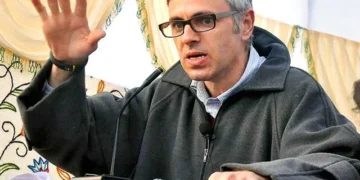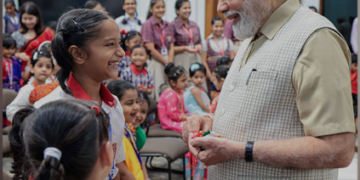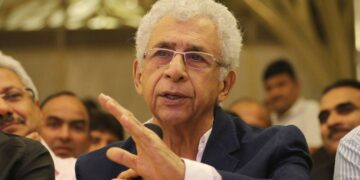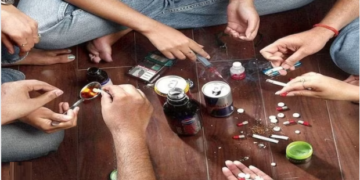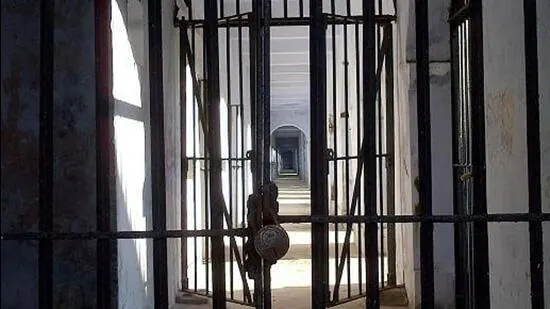From the creation of special sections demarcated for transgender persons in prisons to setting up of a central prison as mental health establishment, are some of the recommendations made in a report titled, ‘Inside Karnataka Prisons’, published by Karnataka state legal services authority and commonwealth human rights initiative (CHRI).
“With regards to physical infrastructure, most prisons in the state are old structures. Only 18 of the 51 were constructed after the year 2000. Owing to their old designs, most prisons are ill-equipped to accommodate new requirements such as video conferencing systems, legal aid clinics, and western toilets for the aged,” the report highlighted the concerns regarding the infrastructure of prisons.
According to the report, as of April 2022, the prisons and correctional services department of Karnataka planned for an additional prisoner capacity of 5,500 at the cost of ₹450 crores with plans to construct some new prisons and renovate the older ones.
For transgender prisoners, researchers noted that only four of the prisons visited had special barracks demarcated for transgender prisoners, underlining, “unfortunately, the vulnerabilities faced by the community continue even within prisons, if not made worse by the situation.”
Since 2019, transgender persons have been provided with their separate barracks in prisons, following an advisory by the ministry of home affairs, dated 10 January 2022, on “treatment and care of transgender persons in prisons.”
For the report, a study team consisting of representatives of the CHRI visited 51 functional prisons in Karnataka between January and June 2019.
The researchers looked to identify policy and implementation gaps to understand the concerns of persons behind bars and documented the challenges faced by them.
Through the report, the human right body seeks to draw the attention of institutions such as the high court, state government, state prisons department, state police department, legal services institutions and state human rights commission to the systemic issues obstructing prison reforms.
Noting the abysmal state of the provision of health facilities, researchers highlighted the situation in three taluk prisons, Jamkhandi, Chintamani and Hosapete having 221, 206 and 138 inmates respectively, who all share one toilet.
The report underlined the lack of medical personnel with about just one for every 250-300 inmates in 2019 along with a severe shortage of regular doctors, nurses, specialists, lab technicians and other orderlies.
Addressing these concerns, the Karnataka prisons department undertook an infusion of a sum of ₹5.55 crores to various prisons during 2021-2022 for the construction of 60 additional toilets and 322 bathrooms, adhering to the standards prescribed in the model prison manual 2016.
For ensuring that people aren’t lost in the prison system, the report also underlines the steps taken to ensure connectivity between inmates and their families and legal advisers, and noted, “As of April 2022, the ‘prison call system’ is now also available in district prisons to facilitate prisoners to interact with their family members and legal advisors. All central prisons have upgraded interview rooms with glass partitions and intercom phones on both sides.”
“During 2021-22, ‘e-mulakat’, a video calling system through e-prison software, was also made available to prisoners to communicate with their family members and legal advisors,” it noted.
Some key recommendations in the report include ensuring the filling of vacancies in a time-bound manner, increasing the allocation of financial resources for the ever-increasing need for improved infrastructural facilities and construction of more toilets and bathrooms in prisons.
The researchers demanded the provision of a kit with basic amenities such as toothpaste, soap and washing powder to all inmates upon admission.
The report also mentioned that gainful employment opportunities should be provided to inmates through “a clear policy for skill development programmes and vocational training of prisoners”, which caters to the needs of prisoners coming from both rural and urban areas for ensuring employment, or self-employment once the inmate is released from prison.
Prisoners should be bolstered economically by opening their bank accounts and issuing their due wages in a timely manner.
Recommendations for the well-being of women prisoners include appointing a senior lady officer to be entrusted with the job of looking after the problems of women prisoners and ensuring that women prisoners are provided with access to prison facilities including visits to the hospital, library and office area, along with gainful employment opportunities.



